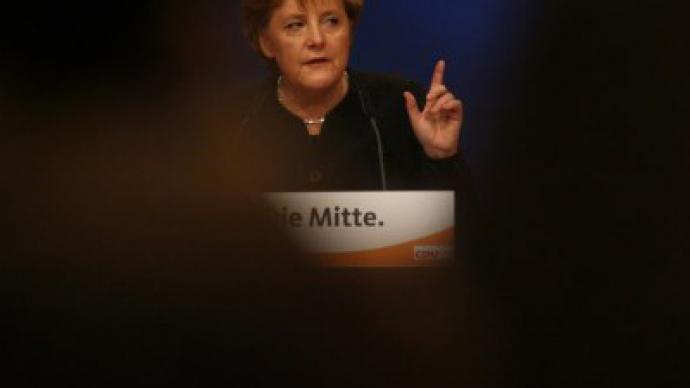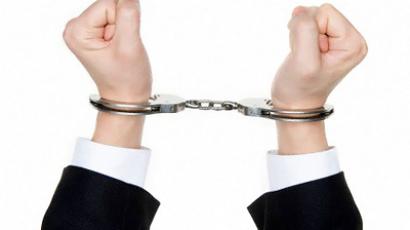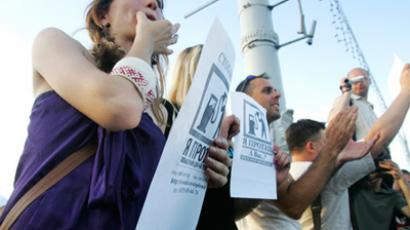Germany wants tougher sanctions against Belarus

German chancellor Angela Merkel is expected to meet Belarusian opposition members on Thursday during the second Eastern Partnership summit in Warsaw.
Berlin has stressed that Germany is determined to strengthen sanctions against the president of Belarus if the crackdown on opposition and civil society continues. As the DPA news agency reports, quoting government sources, it is chancellor Merkel who pushed for exclusion of Belarusian president Aleksandr Lukashenko from the summit, giving him a clear signal that it has no intention of putting up with continuing violations of human rights in the country. During the talks, Belarus will be represented by its foreign minister, Sergey Martynov. The Eastern partnership project brings together the European Union and six post-Soviet states – Armenia, Azerbaijan, Belarus, Georgia, Moldova and Ukraine. It started its work in May 2009 as a discussion forum for such issues as visa agreements, free trade deals and strategic partnership agreements. Initially, there was much debate as to whether to include Belarus which is viewed as an authoritarian dictatorship in Europe, but eventually it was invited to participate. It has been almost a year of tough repression of the opposition in Belarus. The crackdown followed last December’s presidential election which contested by the opposition. Three former presidential candidates are still in prison. Some opposition members have been released, though not rehabilitated. Lukashenko and more than 100 politicians considered to be involved in persecution of his opponents have been banned from entering the EU, while their accounts in European banks have been frozen. As the agency’s source said, sanctions can be extended to more officials, in particular to those taking part in legal action against dissidents.














